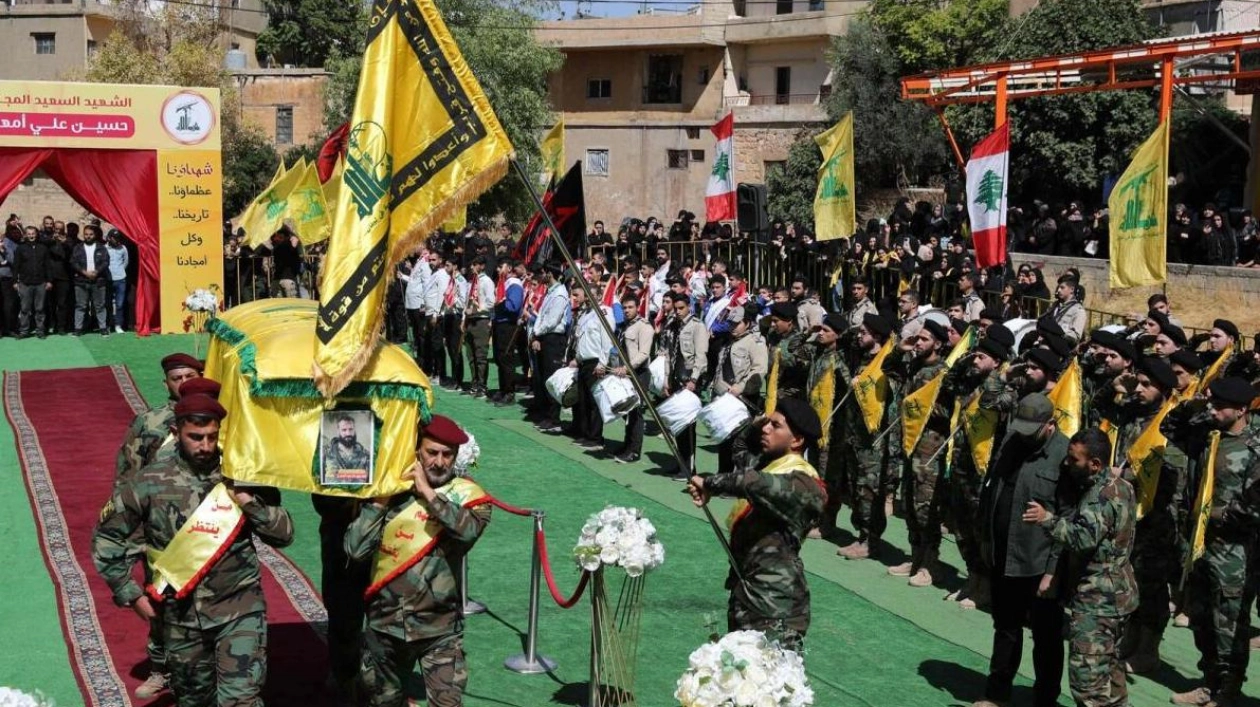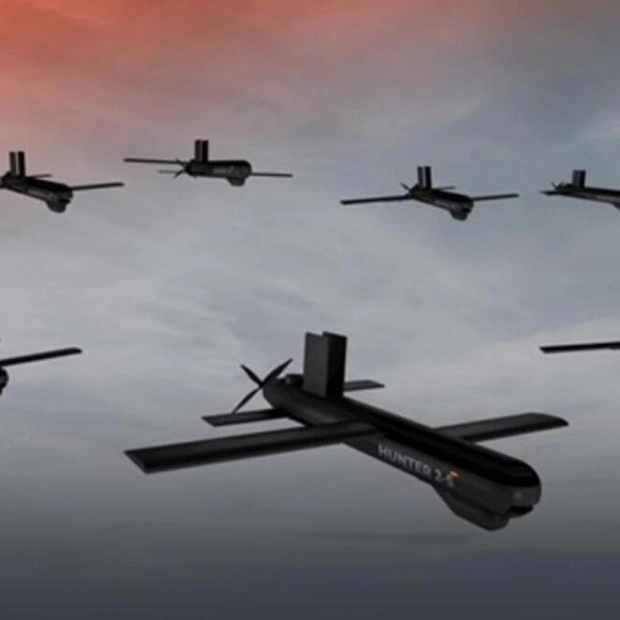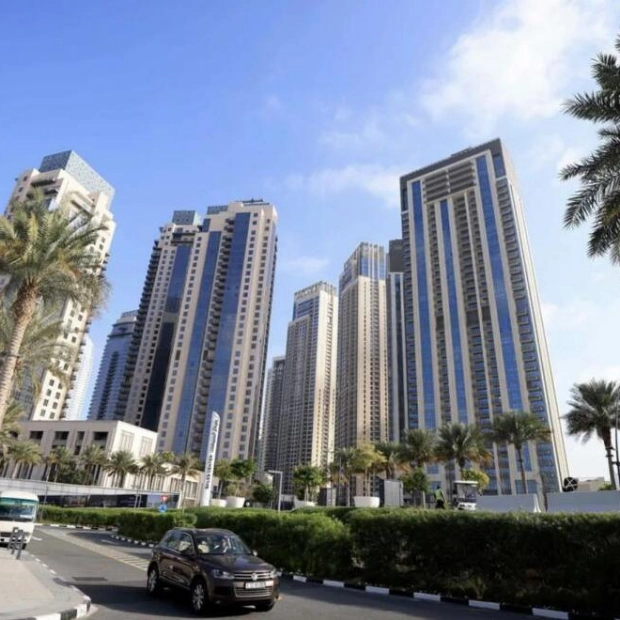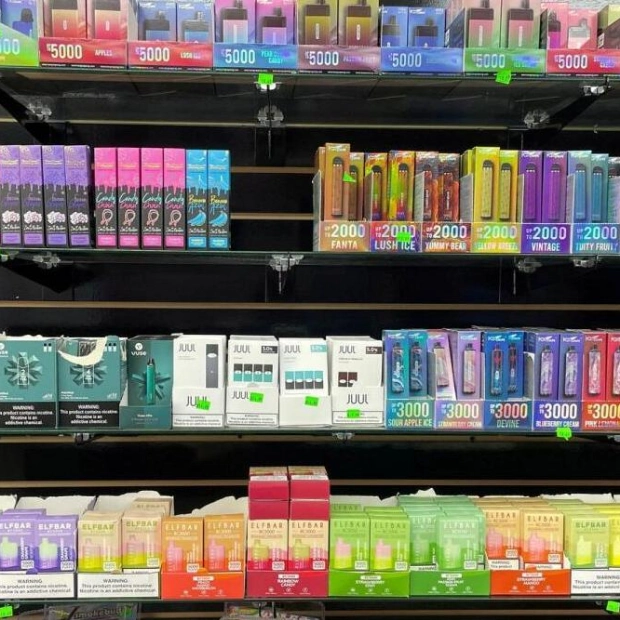Hezbollah faced disarray on Thursday following a second wave of deadly explosions that ravaged its strongholds across Lebanon, intensifying pressure on its leader to retaliate for the operation it holds Israel responsible for. The attack claimed 32 lives over two days, including two children, and injured over 3,000 others, according to figures from the Lebanese health ministry. Israel has remained silent on the unprecedented operation, which saw Hezbollah operatives' walkie-talkies and pagers detonate in supermarkets, at funerals, and on streets. However, Israel's defense minister, Yoav Gallant, hinted at a shift in focus northward, stating, "We are at the start of a new phase in the war."
Hezbollah, an ally of the Palestinian militant group Hamas, has been embroiled in a war with Israel since Hamas's October 7 attack. For nearly a year, Israel's military efforts have concentrated on Gaza, ruled by Hamas, but its troops have also engaged in near-daily clashes with Hezbollah militants along the northern border, resulting in hundreds of deaths in Lebanon, mostly fighters, and dozens more in Israel. These exchanges have forced tens of thousands on both sides of the border to flee their homes. Gallant recently declared that Hamas as a military entity "no longer exists." In response to the operation targeting its communication system, Hezbollah, backed by Iran, accused Israel of "criminal aggression" and vowed revenge.
Hezbollah reported that 20 of its members were killed, with a source close to the group indicating they died when their walkie-talkies exploded. Hezbollah leader Hassan Nasrallah was scheduled to deliver a televised speech at 1400 GMT on Thursday, which would be closely monitored by both supporters and adversaries for any signs of the group's next move. Lebanese Foreign Minister Abdallah Bou Habib described the assault on Lebanon's sovereignty and security as a dangerous development that could "signal a wider war." Iran's UN envoy stated that the country "reserves the right to take retaliatory measures" after its ambassador in Beirut was injured in the blasts. The White House, striving to broker a ceasefire in Gaza, warned against any escalation.
The October 7 attacks in Gaza led to the deaths of 1,205 people, mostly civilians, according to an AFP tally based on Israeli figures. Of the 251 hostages seized by militants, 97 remain in Gaza, including 33 the Israeli military claims are dead. Israel's retaliatory offensive has resulted in at least 41,272 deaths in Gaza, predominantly civilians, according to data from the Hamas-run health ministry, which the UN considers reliable. In Gaza, an Israeli strike on a school-turned-shelter killed five people, while the Israeli military claimed it targeted Hamas militants. In Lebanon, the influx of casualties overwhelmed medical staff.
At a Beirut hospital, Dr. Joelle Khadra noted that "the injuries were mainly to the eyes and hands, with finger amputations, shrapnel in the eyes — some people lost their sight." A doctor at another hospital in the Lebanese capital described the injuries as "out of this world — never seen anything like it." Analysts suggested that explosives were likely planted on the pagers before delivery to Hezbollah. Preliminary findings from a Lebanese investigation indicated that the pagers were booby-trapped. A source close to Hezbollah claimed the pagers were "recently imported" and appeared to have been "sabotaged at source." Following reports that the pagers were ordered from Taiwanese manufacturer Gold Apollo, the company clarified that they were produced by its Hungarian partner BAC Consulting KFT. A government spokesman in Budapest stated that the company was "a trading intermediary, with no manufacturing or operational site in Hungary." Japanese firm Icom confirmed that it had ceased production of the model of radios reportedly used in the blasts around 10 years ago.






